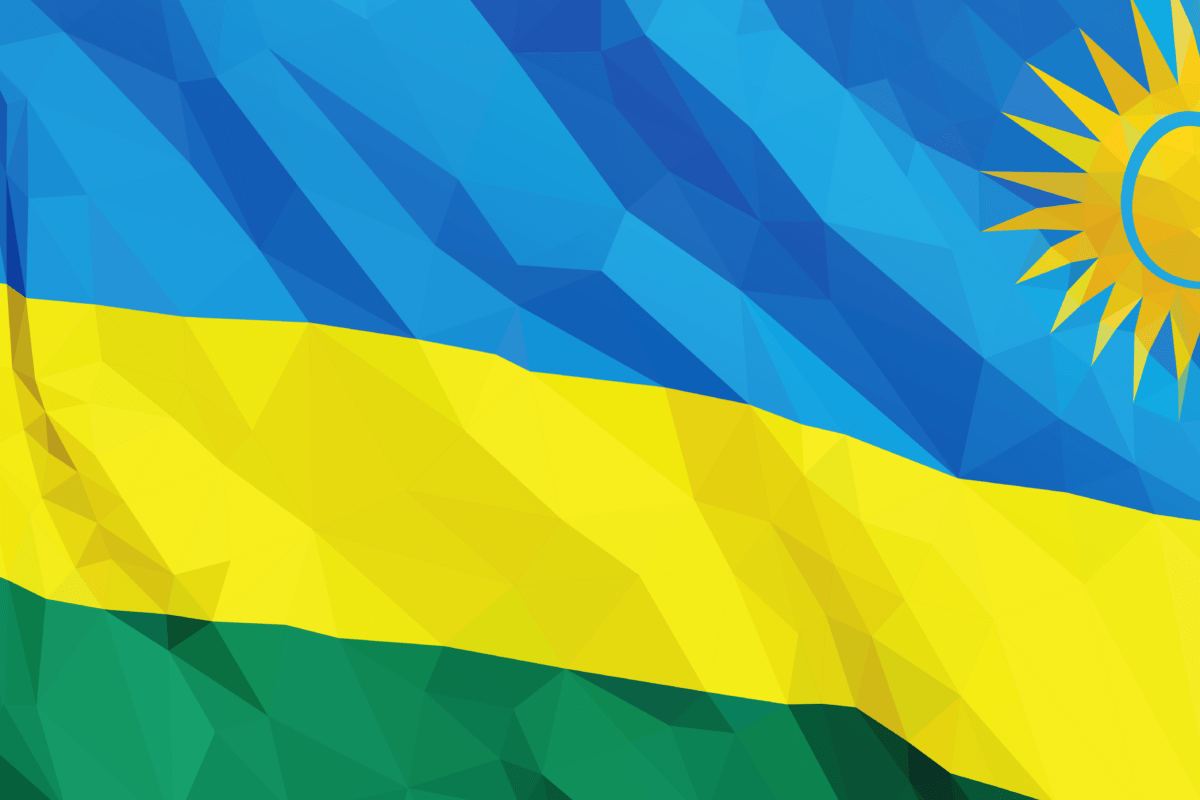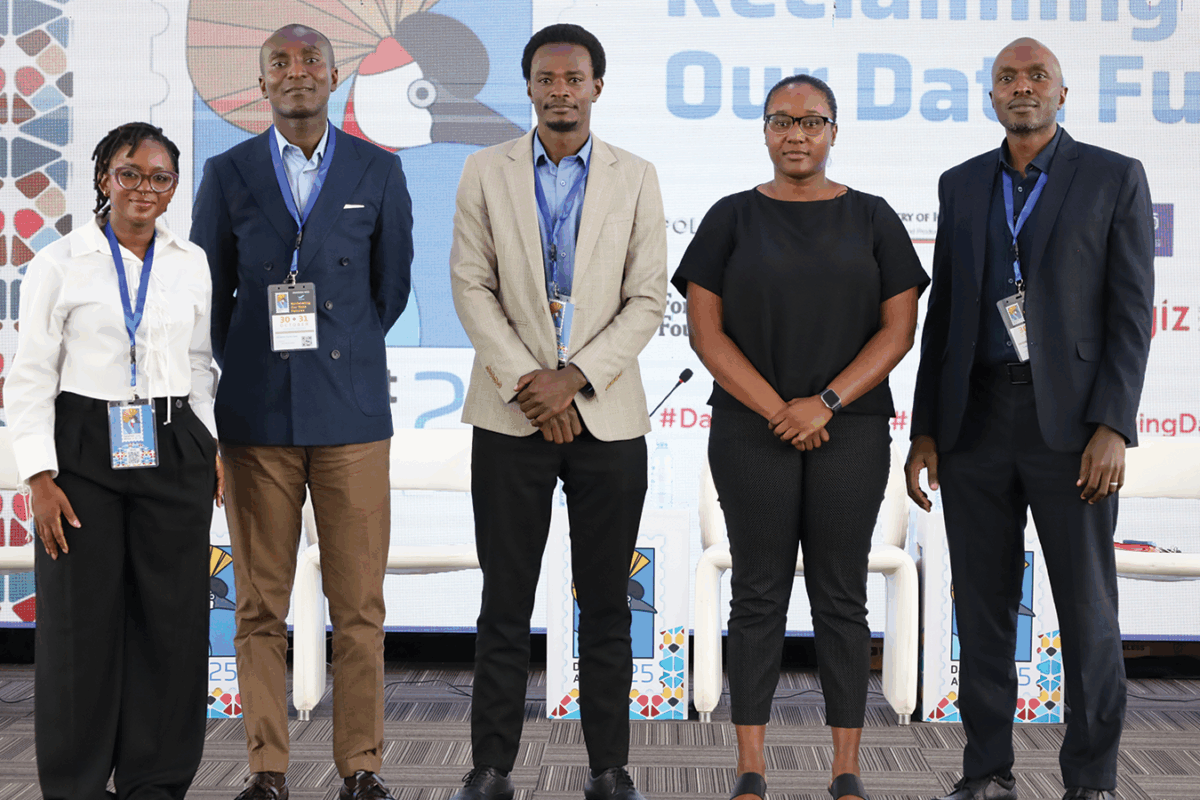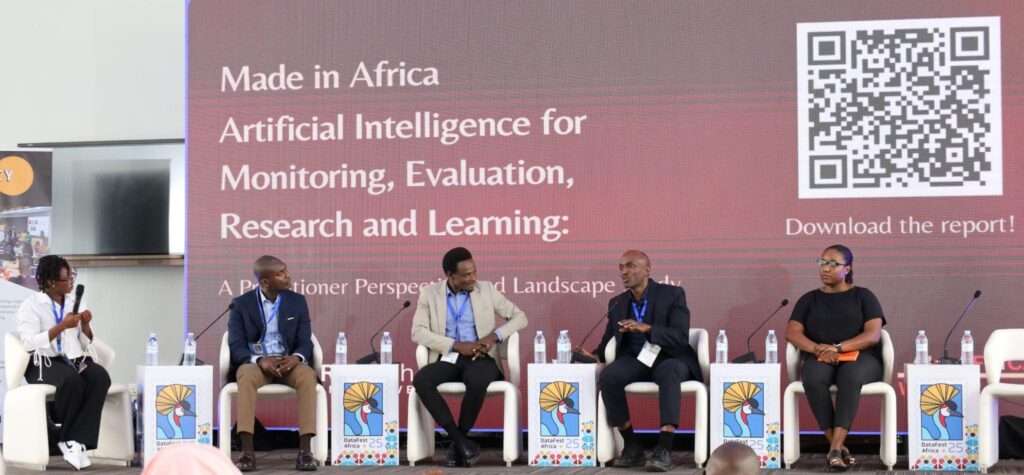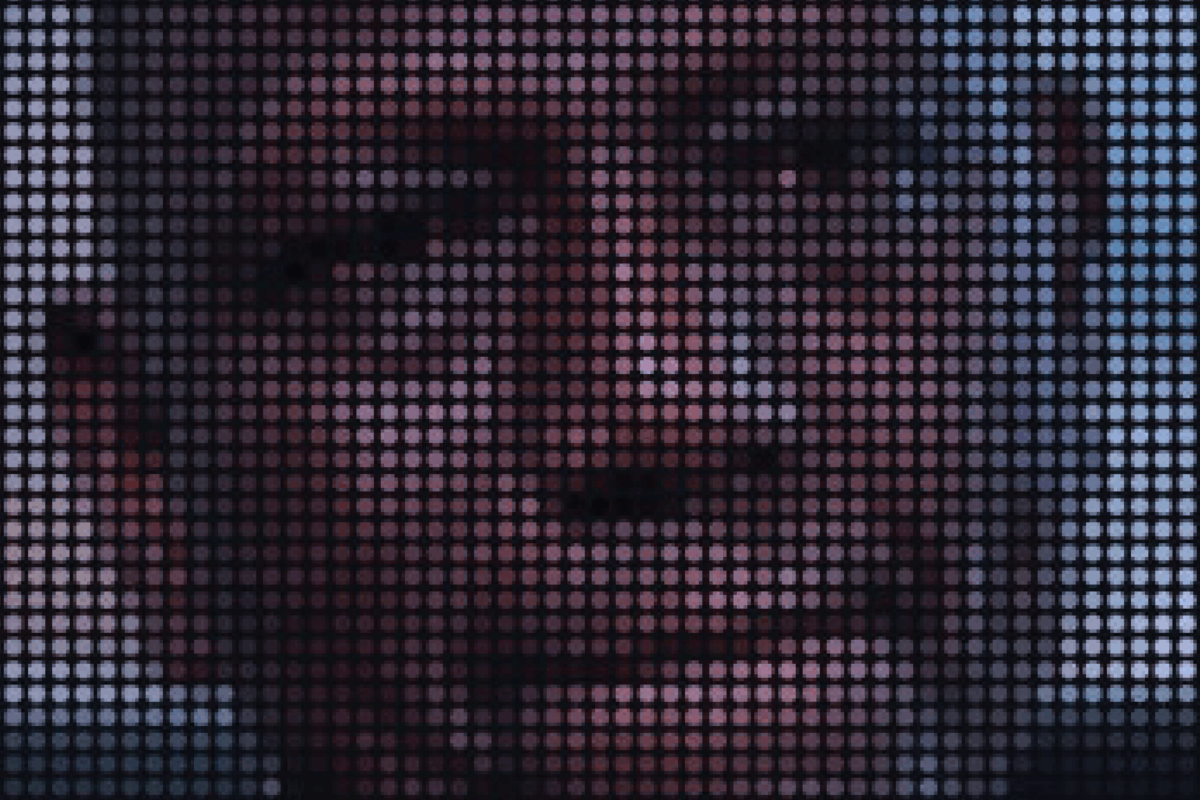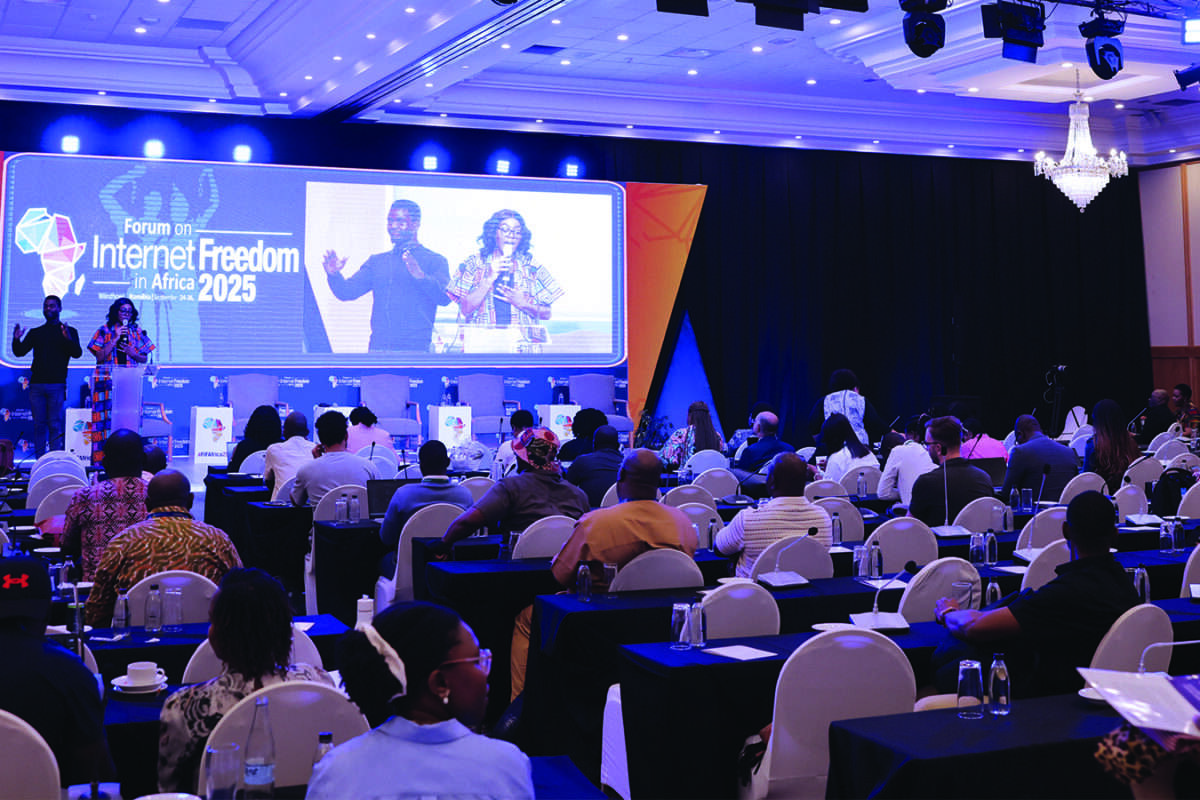By Patricia Ainembabazi |
As the world commemorates the 16 Days of Activism Against Gender-Based Violence (November 25 to December 10), global attention is drawn to the rising risks women and girls face in digital environments. These harms increasingly undermine political participation, public discourse, and the safety of women across Africa.
Accordingly, the Collaboration on International ICT Policy for East and Southern Africa (CIPESA) and the Association for Progressive Communications (APC) have stressed the urgent need to address technology-facilitated gender-based violence (TFGBV) in Rwanda in written and oral submissions to the Universal Periodic Review (UPR) 51st pre-session for Rwanda at the United Nations Human Council in Geneva. In a joint CIPESA–APC fact sheet on human rights, the two organisations highlighted critical gaps in legal protections, online safety, and digital inclusion in Rwanda.
The joint UPR report notes that TFGBV has become a major deterrent to Rwandan women’s participation online, affecting women in politics, journalism, activism, and advocacy. The 2024 online smear campaign against opposition figure Victoire Ingabire Umuhoza illustrates the gendered nature of digital disinformation and harassment. Such attacks rely on misogynistic narratives designed to humiliate, silence, and delegitimise women’s public engagement. This pattern is not only a violation of rights; it also reinforces structural inequalities and dissuades other women from engaging in civic or political life.
These concerns reflect global trends. UN Women has warned of the rapid escalation of deepfake pornography, a form of digitally manipulated sexualised content disproportionately deployed against women and girls. Deepfakes can cause severe psychological, reputational, and professional harm, often leaving survivors without effective avenues for redress. They are increasingly used to silence women, distort electoral participation, and discourage women from entering political leadership. Such harms undermine democratic processes, distort public debate, and entrench gender inequality.
Rwanda’s obligations under the Convention on the Elimination of All Forms of Discrimination Against Women (CEDAW) require the state to take comprehensive measures to eliminate discrimination (Articles 2 and 3) and ensure women’s full participation in political and public life (Article 7). However, as documented in the joint UPR report and fact sheet, gaps persist. The 2018 Cybercrime Law lacks survivor-centred provisions, and its broad definitions have on occasion been applied in ways that disadvantage victims.
Moreover, enforcement remains inconsistent, and the absence of specialised mechanisms for investigating and prosecuting online violence limits accountability. In this context, TFGBV is not merely a digital phenomenon; it is a direct barrier to fulfilling Rwanda’s CEDAW obligations and achieving SDGs 5 and 16.
The gender digital divide further compounds these harms. Internet penetration in Rwanda stands at 34.2%, with women representing just 38.2% of social media users. Structural inequalities, including device affordability, income disparities, and limited digital literacy, restrict women’s participation in digital spaces. These inequalities heighten vulnerability to online harm and restrict access to safety tools, reporting mechanisms, and digital rights resources. As the joint CIPESA–APC evidence indicates, without targeted investment in digital literacy, device access, and connectivity for women, Rwanda risks deepening existing socio-economic and civic inequalities.
During the UPR pre-session, CIPESA and APC presented a set of recommendations aimed at promoting rights-respecting digital governance. These included adopting survivor-centred TFGBV protections aligned with CEDAW, strengthening investigative and prosecutorial capacities to effectively respond to online harms, and compelling technology platforms to improve reporting, moderation, and accountability mechanisms. The submission also called for amending restrictive provisions in the Penal Code and Cybercrime Law, establishing independent oversight over surveillance operations, and addressing the gender digital divide through targeted digital literacy and affordability initiatives.
The 16 Days of Activism provide an important reminder that violence against women is evolving in both form and reach. Digital technologies have expanded the avenues through which women are targeted, often enabling harm that is faster, more pervasive, and harder to remedy. Ending violence against women, therefore, requires recognising online spaces as critical sites of protection.
Rwanda enters its fourth UPR cycle with a number of unaddressed commitments. During the 2021 review, the Rwandan government received 32 recommendations on freedom of expression and media freedom, including 24 urging reforms to restrictive speech provisions and 17 calling for enhanced protections for journalists and human rights defenders. Yet implementation has been limited. Provisions in Rwanda’s 2018 Penal Code and 2018 Cybercrime Law continue to criminalise “false information”, edited content, and criticism of public authorities, enabling arrests of journalists and discouraging dissenting expression.
These laws have contributed to widespread self-censorship, shrinking civic space, and undermining public participation in digital environments. At the same time, reports of intrusive surveillance, such as the documented use of Pegasus spyware targeting thousands of journalists, activists, and diaspora members, further erode trust and violate privacy rights. The absence of independent oversight in surveillance practices intensifies this concern.
The Country’s ongoing engagement with the UPR process and its upcoming review scheduled for January 21, 2026, offers a timely opportunity to address these challenges. During the pre-sessions 51 from 26 -27 November 2025 in Geneva, several permanent missions expressed eagerness to advance strong recommendations for Rwanda, and there is hope that these delegations will amplify our proposals during the formal review.
CIPESA and APC remain committed to supporting evidence-based reforms that strengthen digital rights protections across Africa. Rwanda’s review presents a defining moment for the government to adopt meaningful, future-focused reforms that uphold human rights, ensure accountability, and create a digital environment where all citizens, especially women, can participate safely, freely, and equally in shaping the country’s democratic and digital future.

